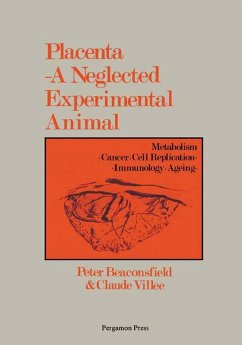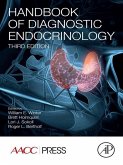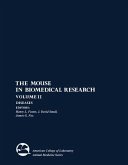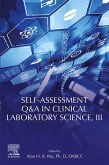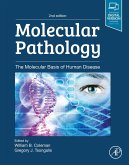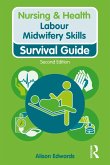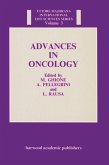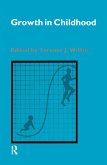This book is organized into four sections encompassing 19 chapters. Section I emphasizes the process of placental metabolism. This section particularly deals with the principles of metabolic regulation; carbohydrate, fat, and protein metabolism; placenta's endocrine functions; and in vitro and in vivo studies of placental metabolism. Section II highlights the placenta's potential to delineate cell replication processes. This section describes the origin and formation of placenta and the mechanism of carcinogenesis. Section III focuses on the relevance of placenta and its potential as a model for studying malignancy, while Section IV examine its potential as a model for organ aging.
This book will be of value to cell and developmental biologists, immunologists, and oncologists.
Dieser Download kann aus rechtlichen Gründen nur mit Rechnungsadresse in A, B, BG, CY, CZ, D, DK, EW, E, FIN, F, GR, HR, H, IRL, I, LT, L, LR, M, NL, PL, P, R, S, SLO, SK ausgeliefert werden.

